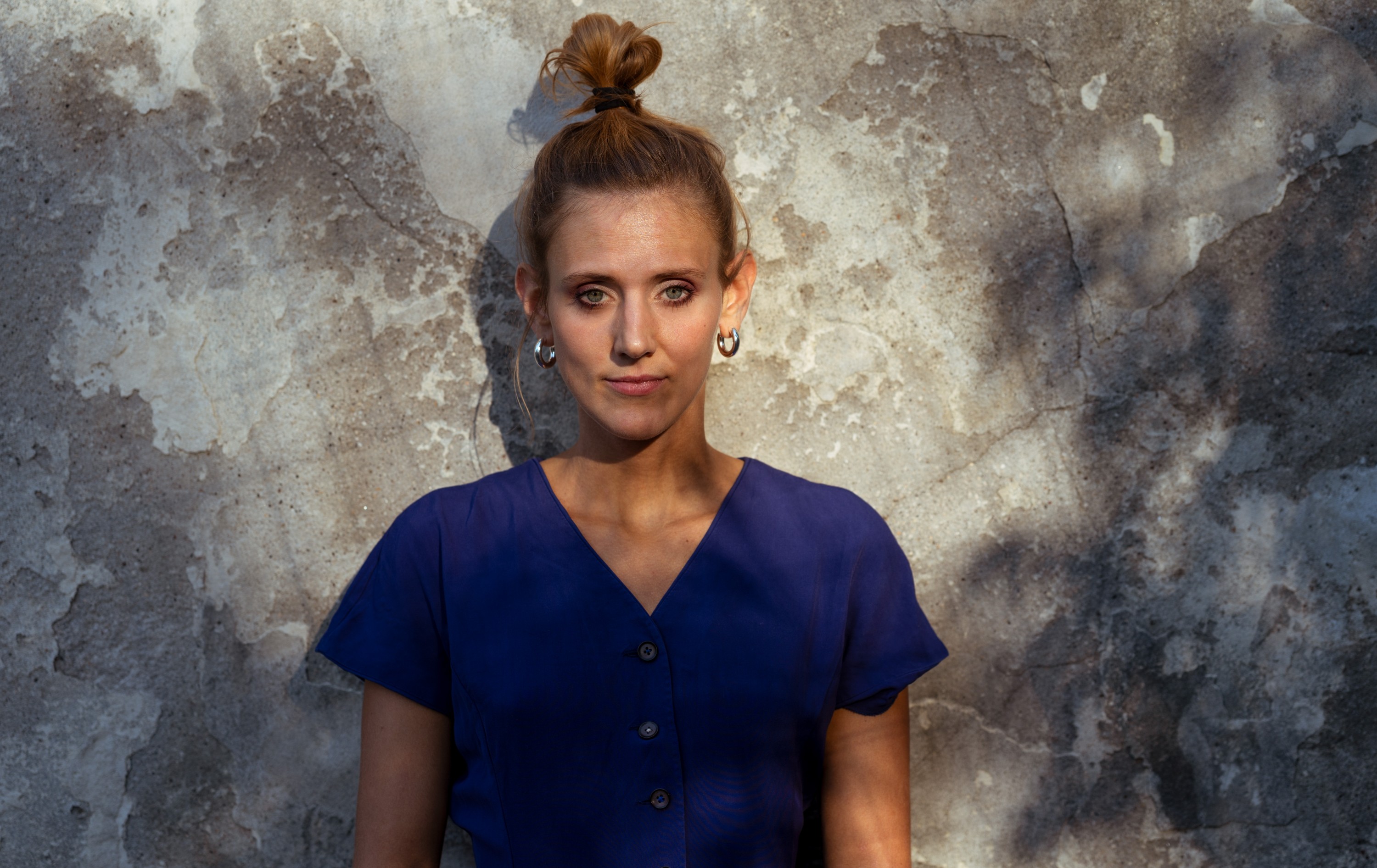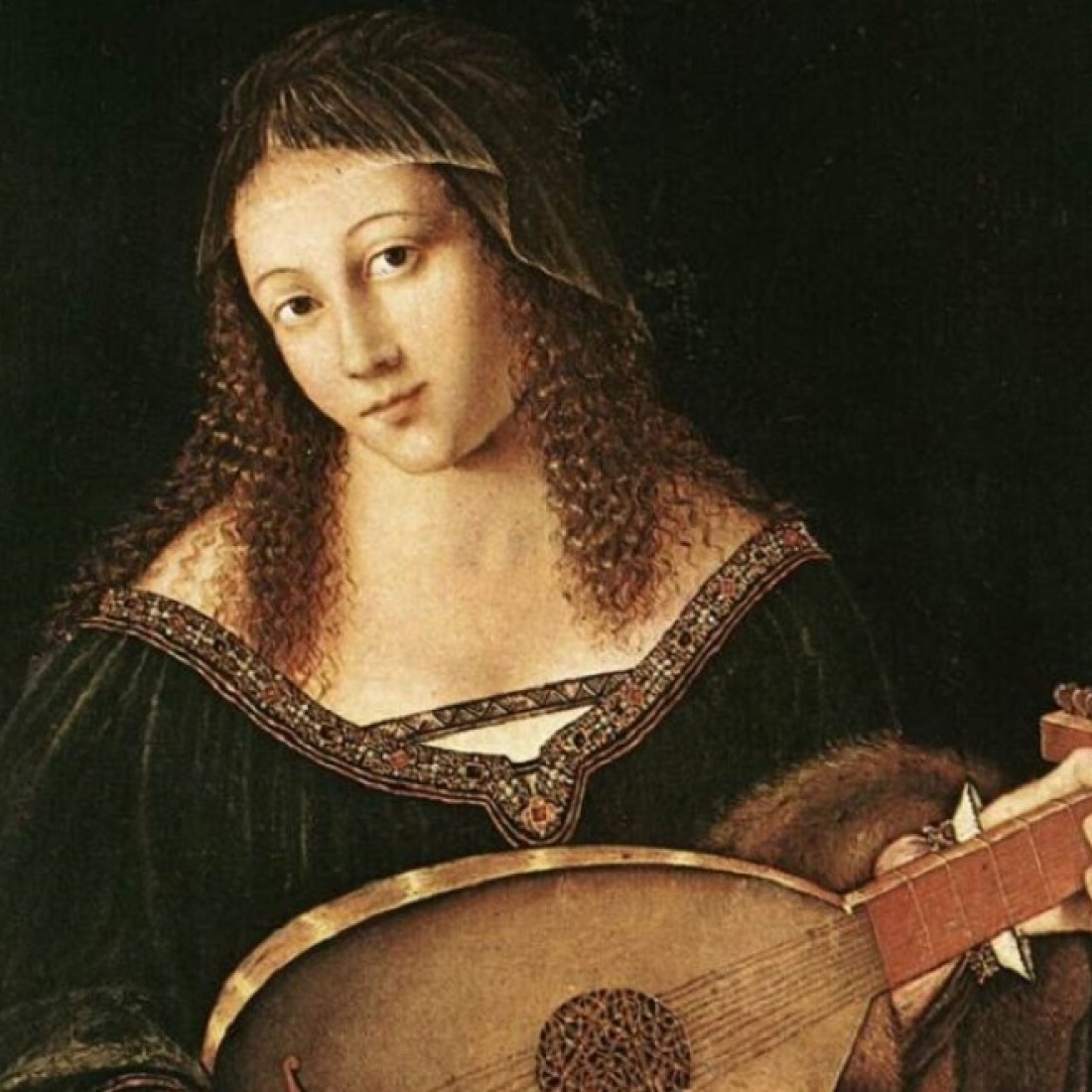
Orpheus Instituut welcomes Valentina Fin as visiting researcher
Nieuws 15 september 2025Orpheus Instituut welcomes Valentina Fin as visiting researcher. Her project 'Towards a New Madrigalism' investigates how the rhetorical strategies of female Renaissance and early Baroque composers can be reinterpreted through contemporary performative and compositional practices, bridging historical repertoires and present-day artistic research.
Orpheus Instituut is pleased to welcome Valentina Fin as a visiting researcher. During her stay, she will further develop her project Towards a New Madrigalism: From Female Rhetorics of the Renaissance to Contemporary Performative Practices, part of her ongoing PhD at the Conservatory of Castelfranco Veneto.
Her research focuses on the works of Maddalena Casulana, Vittoria Aleotti, and Barbara Strozzi, examining how their rhetorical-musical strategies articulated affective meaning and female authorship within their historical contexts. By reframing these strategies through what she calls rhetorical transposition, Valentina seeks to generate new compositions and arrangements that expand the expressive palette of the madrigal in dialogue with contemporary idioms such as improvisation, jazz, and extended vocal techniques.
My work aims to reimagine the madrigal as a living laboratory where historical analysis and artistic experimentation meet.Valentina Fin - PhD Researcher, IMAP

"By engaging with female voices often marginalised in music history, I hope to create repertoires that are both historically informed and aesthetically relevant today. Orpheus offers a unique setting for testing these methodologies within a vibrant community of researchers and performers.”
At Orpheus Instituut, Valentina will refine her methodology of rhetorical transposition while collaborating with faculty, researchers, and performers. Her residency will concentrate on three key areas: rhetorical-musical analysis of selected madrigals by Casulana; the creation of new madrigals and arrangements that extend her doctoral research; and ensemble-based experimentation with diverse vocal and instrumental forces.
By situating her project at the intersection of musicology, performance, gender studies, and composition, Valentina contributes to urgent conversations around canon formation, female authorship, and interdisciplinary artistic practice. Her work also resonates with the Orpheus research cluster Declassifying the Classics, expanding its scope to earlier repertoires and demonstrating how Renaissance madrigals can inspire innovative forms of contemporary artistic research.
We warmly welcome Valentina Fin to our institute and look forward to the insights her research will bring to our community.

